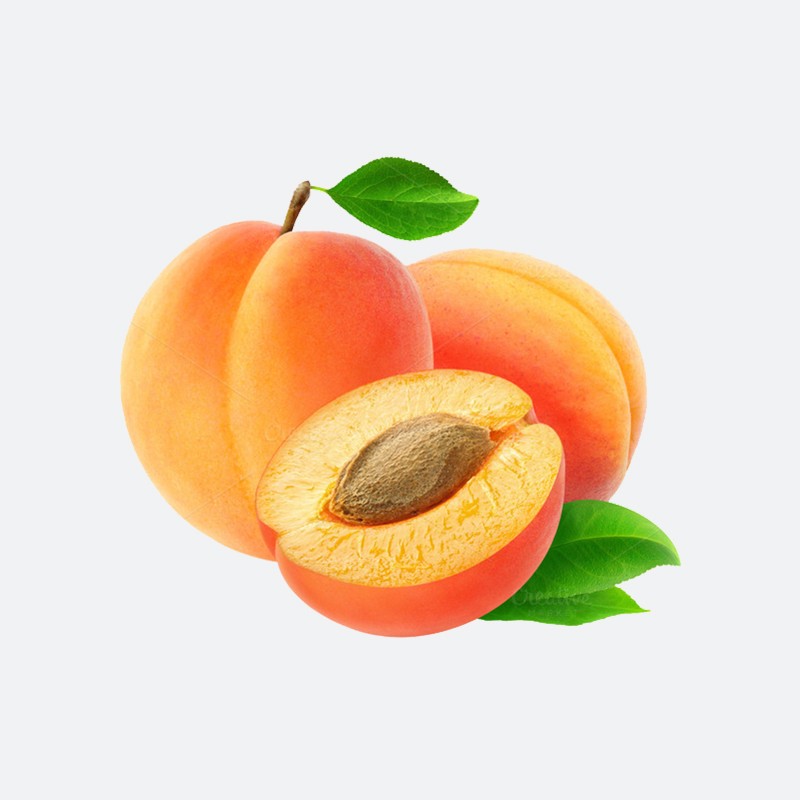The definition of organic is natural matter or compounds with a carbon base, and also refers to food and meat grown or raised without chemicals or pesticides.
- Natural plant matter is an example of something that would be described as organic.
- Food grown on a farm where only animal or vegetable fertilizers are used is an example of organic food.
- OWK/PTT
- Shop
It's a hot August evening at a park in the middle of North Hudson, Wisconsin, a village of just under 4000 people on the St. Croix river in the western edge of the state. A line of people are seated at tables set up inside a canvas tent. In front of a cheering crowd of friends, family, and neighbors, these brave souls are about to do battle . . .with a fruit plate.
Unfortunately for the contestants, the fruit in question is the habanero, one of the hotter varieties of chili pepper commonly found in markets in North America. In this particular event, teams of five people will race to be the first to eat a full pound of peppers. As the eating begins, all seems well at first. Within thirty seconds, though, what begins to happen is completely predictable and understandable to anyone who has ever mistakenly poured a little to much hot sauce on the dinner plate.
Although technically the contestants are competing against each other, the real opponent in this contest - the cause of all the pain and suffering - is the chemical compound 'capsaicin', the source of the heat in hot chili peppers.

Composed of the four elements carbon, hydrogen, oxygen and nitrogen, capsaicin is produced by the pepper plant for the purpose of warding off hungry mammals. The molecule binds to and activates a mammalian receptor protein called TrpV1, which in normal circumstances has the job of detecting high temperatures and sending a signal to the brain - 'it's hot, stay away!' This strategy works quite well on all mammalian species except one: we humans (some of us, at least) appear to be alone in our tendency to actually seek out the burn of the hot pepper in our food.
Interestingly, birds also have a heat receptor protein which is very similar to the TrpV1 receptor in mammals, but birds are not at all sensitive to capsaicin. There is an evolutionary logic to this: it is to the pepper's advantage to be eaten by a bird rather than a mammal, because a bird can spread the pepper seeds over a much wider area. The region of the receptor which is responsible for capsaicin sensitivity appears to be quite specific - in 2002, scientists were able to insert a small segment of the (capsaicin-sensitive) rat TrpV1 receptor gene into the non-sensitive chicken version of the gene, and the resulting chimeric (mixed species) receptor was sensitive to capsaicin.
Back at the North Hudson Pepperfest, those with a little more common sense are foregoing the painful effects of capsaicin overload and are instead indulging in more pleasant chemical phenomena. A little girl enjoying an ice cream cone is responding in part to the chemical action of another organic compound called vanillin.

What is it about capsaicin and vanillin that causes these two compounds to have such dramatically different effects on our sensory perceptions? Both are produced by plants, and both are composed of the elements carbon, hydrogen, oxygen, and (in the case of capsaicin) nitrogen. Since the birth of chemistry as a science, chemists have been fascinated - and for much of that history, mystified - by the myriad properties of compounds that come from living things. The term 'organic', from the Greek organikos, was applied to these compounds, and it was thought that they contained some kind of 'vital force' which set them apart from 'inorganic' compounds such as minerals, salts, and metals, and which allowed them to operate by a completely different set of chemical principles. How else but through the action of a 'vital force' could such a small subgroup of the elements combine to form compounds with so many different properties?
No customer reviews for the moment.







